Ready to go on a plant-based diet? It could be a new challenge for you. Ditching the meat and dairy is one of the things you can try for your health. Plant-based diets have been linked to a reduced risk of heart disease, elevated cholesterol, and premature aging. The key is to make sure you’re getting enough nutrients.
Certain vitamins and minerals can only be found in animal foods. Some studies show that vitamin B12, iron, and calcium deficiencies are common among vegans. A diet that lacks these nutrients may lead to depression, weak bones, tooth decay, muscle weakness, and fatigue. Thus, it’s important to plan your meals and eat a variety of foods. Be careful!
Also, discuss with your doctor to make sure that veganism is right for you.
Why Choose a Plant-Based Diet?
Plant-based diets are growing in popularity. The number of vegans in Britain has increased by 360 percent over the past decade. Approximately 542,000 Britons have switched to a vegan diet since 2006. More than 2.5 percent of the U.S. population is vegan.
In 2012, Americans consumed 12.2 percent less meat than in 2007. About 42 percent of them transitioned to a plant-based diet gradually.
This trend is popular among celebrities too. Natalie Portman, Alec Baldwin, Bill Clinton, and Ariana Grande are just a few of the many famous people who don’t eat meat and dairy. About half of vegans embraced this lifestyle in order to enjoy better health.
The media had a huge impact too. Top rated movies and documentaries, such as Forks Over Knives, Supersize Me, and Earthlings, have positively changed people’s perception about food.
Contrary to popular belief, a plant-based diet is anything but boring. From fruits and vegetables to spices, nuts, legumes, and seeds, there are plenty of options available. Loaded with nutrients, these foods promote health and well-being. Most people drop a few pounds shortly after ditching the meat.
Environmental protection
Switching to a plant-based diet isn’t only a new experience, but also helps protect the environment. This eating pattern could save the world from poverty, hunger, and climate change. According to researchers, livestock is responsible for over two thirds of ammonia emissions and eight percent of human water use. It also plays a major role in deforestation, land degradation, melting glaciers, greenhouse gas emissions, and acid rain.
Animals need food in order to be used for meat and dairy. The planet doesn’t have enough resources to feed both human and farmed animal populations. Plant-based diets only require a third of the land needed for conventional diets.
Animal agriculture accounts for approximately 90 percent of water consumption in the U.S. The United Nations Environment Programme claims that a global shift towards veganism is crucial to eradicating hunger.
The Health Benefits of Plant-Based Diets
Embracing a plant-based diet can boost your health on every level. This eating pattern improves cardiovascular function, protects against diabetes, and keeps your blood pressure within normal limits.
In a study, subjects who consumed over eight servings of fruits and vegetables a day had a 30 percent lower risk of stroke or heart attack compared to those eating just one and a half servings.
Protein in a Plant-Based Diet
Protein deficiency is a common concern among those who want to transition to veganism. Contrary to popular belief, plant-based foods are rich in protein and other nutrients that support muscle growth, bone health, and sports performance. Almonds, pumpkin seeds, chia seeds, hemp, soy, and legumes deliver large doses of protein.
Some of the world’s best athletes, such as Brendan Brazier, Mike Tyson, and Carl Lewis, are vegans.
If your diet is low in protein, you can always take supplements. Plant-based protein powders are just as good as whey, egg, or casein protein. Even though these products cannot replace real food, they may improve your health and physical performance. Protein increases metabolic rate, suppresses appetite, and supports muscle repair. When combined with exercise, its benefits are even greater.
Plant-based protein powders are typically fortified with calcium, vitamin B12, and other nutrients that you may be missing, so include them in your diet.
Let’s take a quick look at the top 10 plant-based protein powder supplements:
Pea Protein
Pea protein boasts an excellent amino acid profile, leading to muscle growth and reduced catabolism. This product has been shown to decrease the hunger hormone ghrelin levels in the body and suppress appetite. A 2009 study indicates that pea protein may reduce blood pressure and boost cardiovascular health.
Hemp Protein
Hemp is touted as the perfect plant-based protein. Rich in amino acids and essential fats, it lowers bad cholesterol, improves immune function, and fights inflammation. Four tablespoons provide over 12 grams of quality protein and just 120 calories.
Rice Protein
Rich in vitamins B and E, complex carbs, and fiber, rice protein powder can successfully replace a meal. It’s hypoallergenic, gluten-free, and nutritious, which makes it ideal for those with celiac disease or food allergies.
Quinoa Protein
Quinoa protein powder is relatively new on the market. This supplement is perfect for vegan lifestyles, offering over 10 grams of protein per scoop. Additionally, quinoa is one of the few plant-based foods that contain all essential amino acids.
Soy Protein
Soy is one of our favorite top 10 plant-based protein powder supplements. Packed with vitamins, minerals, and amino acids, it boosts athletic performance and accelerates weight loss. According to the FDA, consuming at least four servings of soy protein per day can reduce bad cholesterol by as much as 10 percent.
Pumpkin Seed Protein Powder
Pumpkin seed protein powder is a great source of zinc, iron, copper, magnesium, phosphorus, and essential fats. It boasts 18 amino acids as well as potent antioxidants, such as alpha and gamma tocomonoenol.
Almond Protein Powder
Almond protein powder may not be as popular as soy or hemp protein, but this doesn’t mean it’s less healthy. Due to its low fat content, it makes a great choice for dieters and people with high cholesterol or heart disease. Each scoop delivers more than 19 grams of protein.
Plant Fusion Protein
This supplement is made with pea, quinoa, artichoke, and amaranth proteins. It also boasts large doses of potassium, l-glutamine, l-valine, and l-leucine. One scoop provides 22 grams of protein.
Sprout Living EPIC Plant-Based Protein
If you’re looking for a plant-based protein powder that’s organic, soy-free, and GMO-free, EPIC is your best bet. This raw food supplement delivers over 20 grams of protein per serving and contains the purest ingredients. It’s made with pea, sacha inchi, brown rice, and cranberry seed protein, offering a lot of nutrition.
NutraBio Organic Plant Protein
This organic protein powder features a powerful enzyme blend that aids in digestion. It contains four raw plant protein sources, including rice pea, mushroom, and hemp protein. This makes it perfect for vegans, vegetarians, and individuals with lactose intolerance, celiac disease, or allergies to soy and nuts.
At the end of the day, remember that supplements are just supplements and not some miracle.
Work hard to get an aesthetic physique!
Do you take some plant-based protein powders?
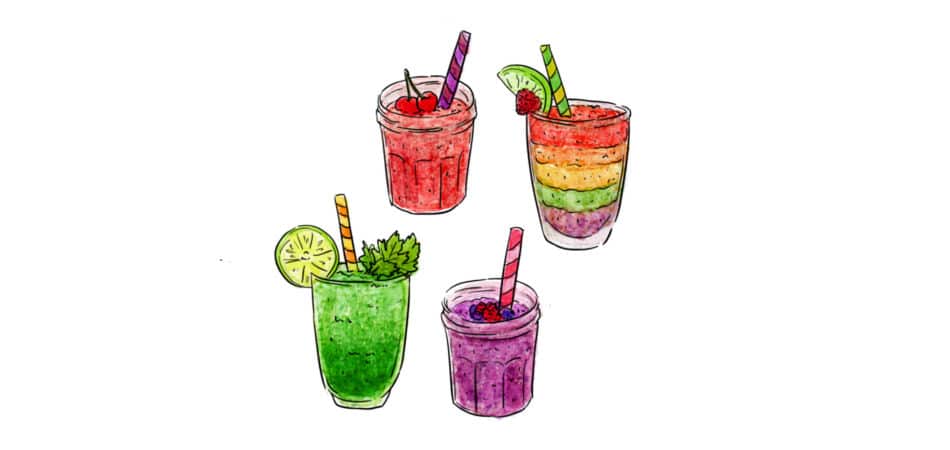

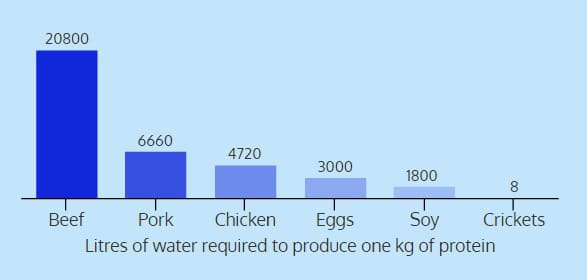
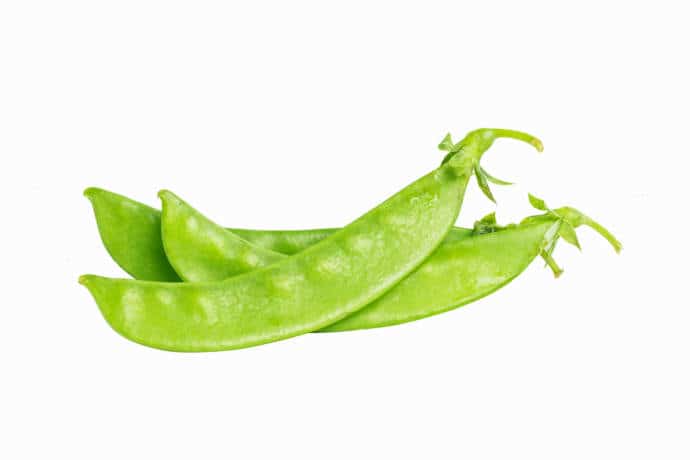
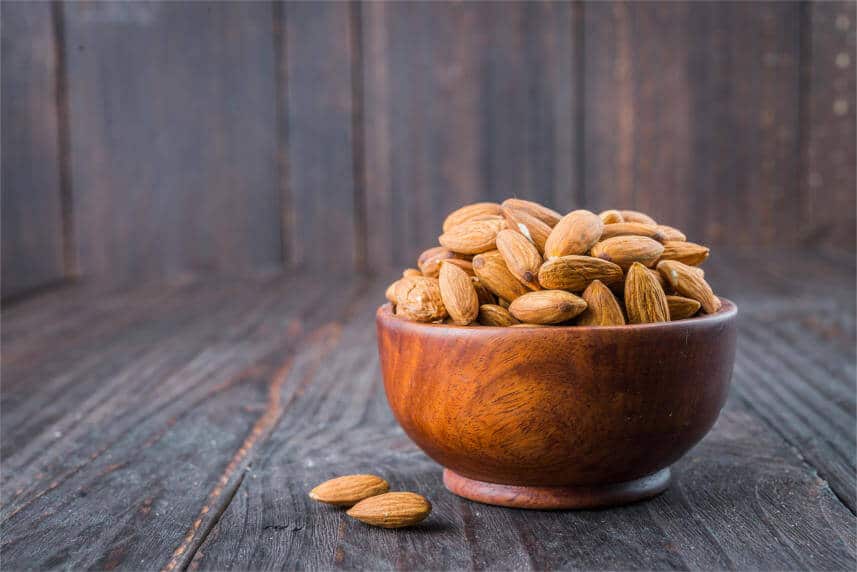
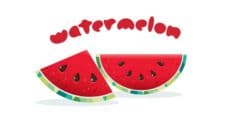




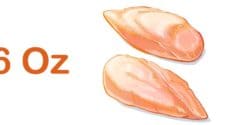
Leave a Reply